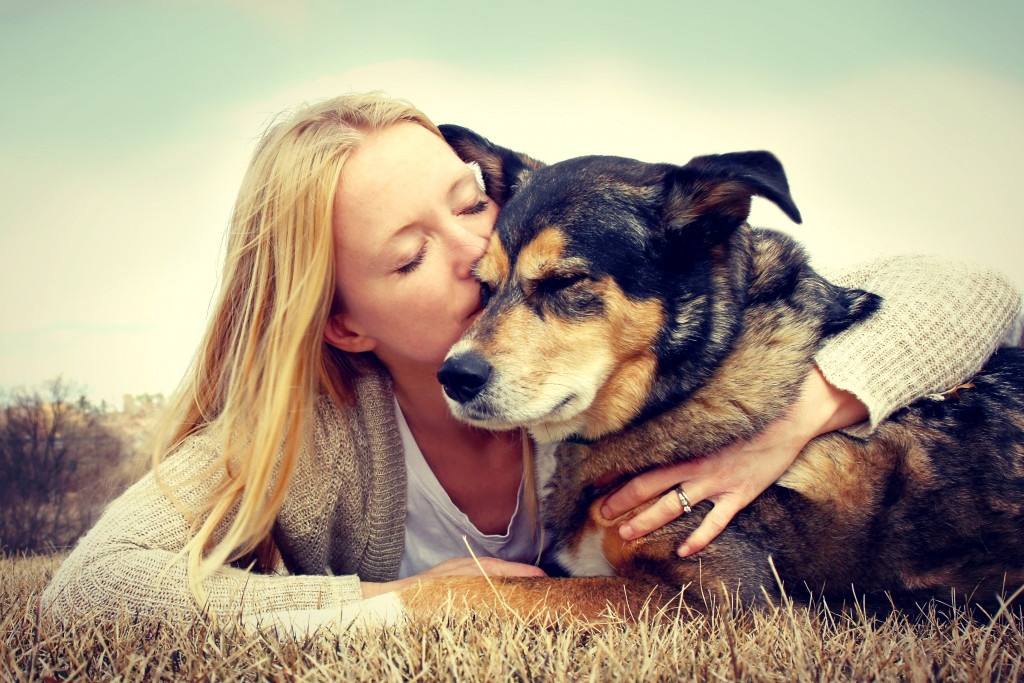You’ve loved your dog for many years, but now that they’re getting older, you must make necessary preparations to accommodate their changing needs. They may not be able to run and play like they used to, but with a bit of extra care, you can help them enjoy their senior years to the fullest. Here are a few things to keep in mind as your furry friend grows older:
Adjusting Your Home Environment
Aging dogs typically have different needs than younger dogs, so it’s important to ensure you’re providing them with the best possible environment to stay comfortable. Here are some tips for adjusting your home to better suit an aging dog’s needs:
- Keep them warm: Older dogs are more sensitive to cold temperatures, so they always have a warm and comfortable place to sleep. Heated dog beds are a great option, or you can simply put a blanket over their regular bed.
- Consider an indoor potty: If your senior dog can’t hold their bladder for long periods, you can get an indoor potty to make things easier for both of you.
- Create a safe space: As dogs age, they may become more anxious or confused. Creating a safe area in your home using a gate or fence can help them feel more secure. You can also fill the space with their favorite toys and bedding to make it extra cozy.
- Reduce noise and activity: Too much noise can be overwhelming for an older dog. If possible, create a quiet space in your home where they can retreat when things get too hectic.
Vet Visits: Pet Health Issues
Since your dog is elderly, it’s important to have annual veterinary checkups. During these checkups, your vet will examine your dog for any health issues and ensure they are healthy and comfortable. They may also recommend specific treatments or medications to keep your dog healthy and happy. These checkups are essential not only for your dog’s health but also for your peace of mind. Knowing that your dog is healthy and doing well can help you enjoy your time with them even more.
If you have any concerns about your dog’s health, don’t hesitate to bring them up with your vet. They can help you determine whether there is cause for worry and offer guidance on how to best care for your aging dog.

Diet and Exercise
As your dog enters their senior years, it’s important to pay attention to their diet and ensure they’re getting all the nutrients they need. Older dogs tend to have a decreased appetite, so you may need to make adjustments to ensure they’re getting enough to eat. You’ll need to feed them food specifically for elderly dogs. This food will be high in protein and fiber and low in fat. Make sure to give your dog plenty of fresh water and take them for walks or playtime sessions several times a day.
Exercise is also important for senior dogs. While they may not be able to run and play like they used to, a daily walk will help keep them active and healthy. If your dog is having trouble getting around, there are many products on the market designed to help older dogs with mobility issues. This will allow them to enjoy their later years without pain or discomfort.
Coping With the Loss of a Pet
Even if you expect the loss of an aging pet, it doesn’t make it any easier when the time comes. Grieving is a natural process, and you shouldn’t feel guilty for feeling sad. Remember all the happy moments you shared with your pet, and take comfort in knowing they’re no longer in pain. But you can cope and still keep their memory alive by making tributes, such as planting a tree in their name, creating a photo album, or writing a letter. These are difficult times as you grieve their loss and wish you had more time with them. This is why you can hire pet preservation services so you can still keep them with you at home and look the same way they did before their passing. This can help you remember them and slowly start to heal.
It is important for you to mentally prepare for your aging dog. This means that you should think about what might happen as your pet gets older and weaker. You should also come up with a plan for what will happen when your dog goes. This way, you can ensure that your pet is cared for even after they’re gone.






